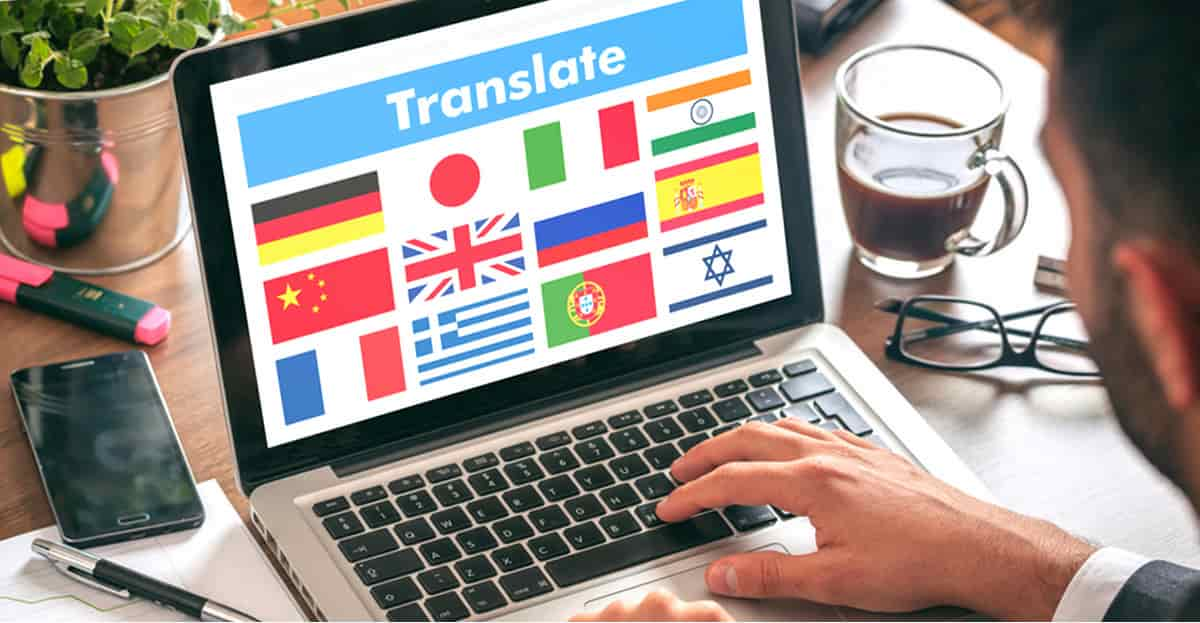All supplementary materials submitted with an immigration application must be supplied in either English or French, according to the IRCC.
All documents presented in a foreign language in support of applications for immigration and citizenship must be accompanied by an official translation in either English or French, according to Immigration, Refugees and Citizenship Canada (IRCC). These documents must also be translated by an official translator with certification.
If an applicant’s documents are not formally translated and verified, their application may be rejected or deemed incomplete.
Case of Hasan Gorgulu
A good illustration of why it’s crucial to guarantee complete correctness and completion of foreign language document translation accompanying an immigration application is the case of Hasan Gorgulu. In January 2023, Mr. Gorgulu’s case was presented to the Federal Courts. Turkish national Gorgulu requested a pre-removal risk assessment (PRRA) from IRCC. An individual may file a PRRA application if they are being deported from Canada and fearing for their safety or facing persecution or harsh treatment if they return to their home country. He offered three Turkish-language documents as evidence for his application. He did offer English translations of these documents, but they weren’t certified copies.
Gorgulu’s application was thus denied because, according to the IRCC official, the English documents were improperly certified and weren’t taken into account when processing the application.
In his request for judicial review of this judgement, Gorgulu claimed that both the officer’s handling of the English documents and the decision to deny his application were unjustified.
Outcome of Hasan Gorgulu’s case
The Federal Court stated that the written application submissions and any supporting materials for PRRA petitions must be supplied in either English or French, according to Guide 5523, which was designed as a guide for PRRA applications.A translation into an official language, along with a translator’s certification, must be submitted with any papers submitted in a non-official language.Additionally, according to the Guide, documentation presented exclusively in non-official tongues will not be taken into account.
Furthermore, according to the federal court, IRCC employees cannot be asked to comprehend documents written in non-official tongues because they won’t be able to judge the importance of the material in them if they aren’t in English or French.
The court asserts that Guide 5523 does not specify any legal criteria for the IRCC, nonetheless. As a result, PRRA-assessing personnel are not prohibited from informing applicants about problems with their documents so that they can correct the problem before a decision is issued. Instead, it is up to the IRCC officer’s discretion whether to bring a situation of this nature to the applicant’s attention.
The federal court came to the conclusion that it was unreasonable for the officer to choose not to alert Gorgulu to the error. A reasonable officer would have come to the conclusion that the problem with the translation of the documents was probably the result of a mistake made by the translator or the attorney who filed the documents. The ruling had a major influence on the applicant’s rights and interests, and the stakes for a PRRA applicant are very high. As a result, the officer’s choice was made without taking the situation’s importance into account.
What immigrants to Canada can learn from the case of Hasan Gorgulu?
All present and future Canadian immigration candidates can learn from Gorgulu’s situation.
A person’s immigration application may suffer greatly if they fail to produce a full, accurate, and certified translation of any foreign-language documents into English or French.
Before submitting documents in a foreign language as part of their journey to a new life in Canada, all current and future Canadian immigration applicants would benefit significantly from thoroughly comprehending the Canadian government’s requirements with regard to document translation.
The Canadian government makes a number of online resources available, including this page, to assist newcomers in understanding their responsibilities regarding document translation before submission.

